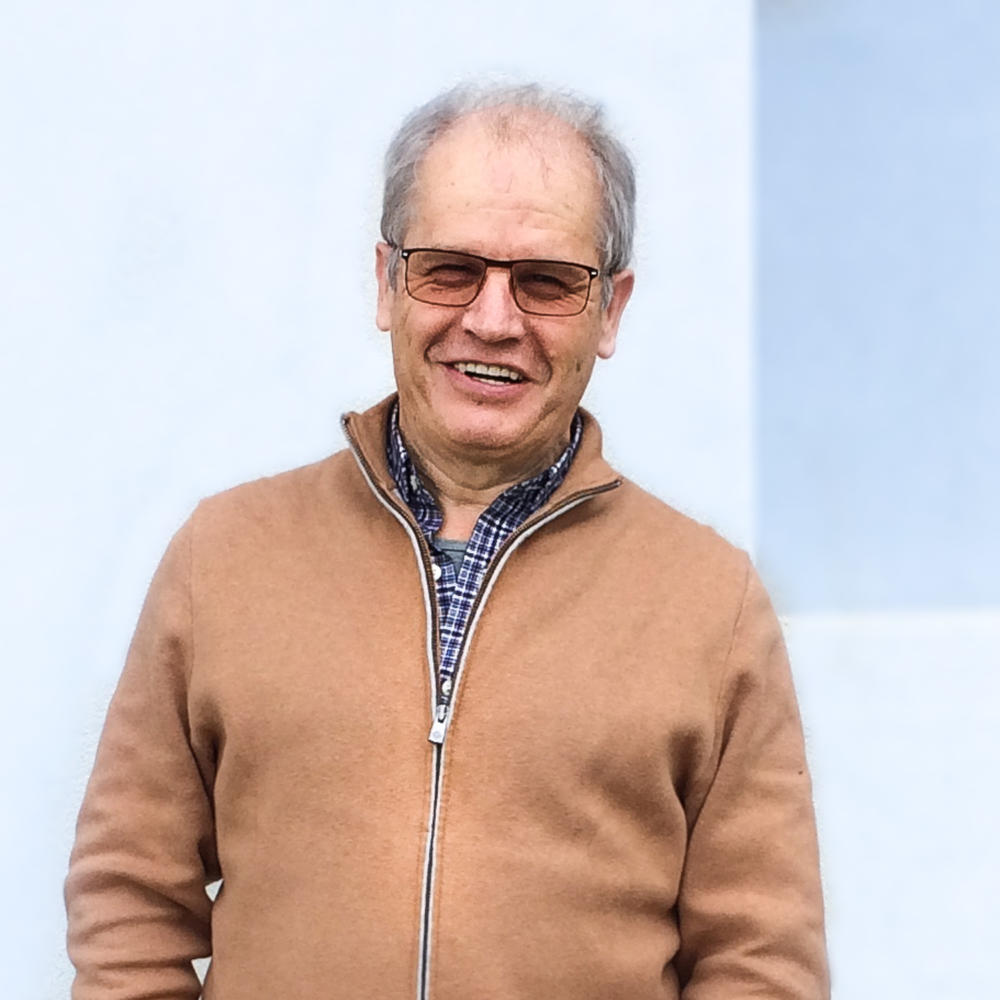Being part of a modern society
Spain is a country with autonomous regions, a country that has been both fought over much in its history and that has also been a colonial power itself. The identity of its population today reflects the diverse cultural influences. In May 2019 the physician Florencio Herrero was appointed country representative of the Anthroposophical Society in Spain.
Sebastian Jüngel Bull fights, flamenco and Carmen, the opera – what is Spanish about Spain?
Florencio Herrero You are listing artistic ways of expression that we find in Spain in these or other forms. Maybe the authentic feature of the Spanish soul is that it expresses its inner world through art.
Gateway to Europe
Jüngel Why was Spain fought over in the course of its history?
Herrero Spain commands a strategic position in the Mediterranean, with miles and miles of coastline which makes it permeable to the outside world. As a result the country has become a gateway to Europe for other cultures and religions as well as for refugees, primarily from Africa. The Romans, religions such as Catholicism and Islam and military dictatorship have had a paralyzing effect on the soul development of the Spanish people. The positive response to all this was a – mainly artistic – fusion in areas such as architecture, painting, sculpture and music.
Jüngel What holds it together?
Herrero First of all, this fusion needs to be acknowledged as the country’s spirit-soul identity, then one needs to observe and emphasize the differentiation of the soul’s creative faculty and the manifold ways in which this manifests geographically and historically, in the language and the culture and so on.
Jüngel Does the fact that Spanish is a world language create a sense of kinship with other Spanish-speaking countries?
Herrero Yes, through the relationship between the Spanish language and literature. This means that we find good and acclaimed writers in many Latin-American countries, some of them Nobel Prize winners. Take the most universal oeuvre of Spanish literature, Cervantes’ Don Quixote de la Mancha, where we see two multifaceted polar characters and how a balance is created through the dialogue between them: a model for the social life.
Jüngel What kind of ‹natural› spirituality do you perceive in Spain?
Herrero The only official religion in Spain has been Catholicism; other religions were opposed by the Catholic Church. There are small examples, however, of the coexistence of Catholicism, Judaism and Islam, for instance in Toledo in the Middle Ages. Mysticism also needs to be mentioned here, and the mystic Teresa of Avila, to whom Rudolf Steiner referred as one of the first representatives of the consciousness soul. Laicism prevails today although there is a polarization between those who seek spirituality – based on Eastern approaches, Buddhism, Hinduism, and Yoga – and the materialistically minded.
Responsible individuality
Jüngel Where is anthroposophy in all this?
Herrero Anthroposophy did not become known in Spain until the 1970s. The Franco era and that of social and spiritual totalitarianism represented by the political regime first had to come to an end. The contribution of anthroposophy is the development of the free and responsible individuality that allows people to connect with the world around them in solidarity.
Jüngel Where is anthroposophy ‹strong›?
Herrero The development of the Anthroposophical Society in Spain has been slow but despite all the difficulties we have branches and work groups today in many cities and we have three anthroposophical cultural centres. Waldorf Education is the most active area, but biodynamic farming (Spain is an agricultural country) and Anthroposophic Medicine are also important, although we are facing difficulties at present, as is apparent, for instance, in the closing down of the Weleda laboratory and the campaign to discredit complementary medicine.
Overcoming fragmentation
Jüngel What was your situation when you found out that you would be country representative of the Anthroposophical Society in Spain?
Herrero I already was a council member and president and I have always fostered a relationship with the Goetheanum and its representatives. As a physician I have always been in contact with the Medical Section. In Spain I often have the opportunity, for various reasons, to travel around the whole country. In May 2019 the members of the Anthroposophical Society in Spain again expressed their trust in me to form a team that will promote the development of anthroposophy and of the anthroposophical Society in Spain.
Jüngel What would you say to the Anthroposophical Society in Spain if it came to you as a patient?
Herrero The most pressing problem is the fragmentation within the movement and the Society. Although they have grown roots in Spain, I think that more coherence and cooperation are needed.
Jüngel What are you planning to do?
Herrero In accordance with this diagnosis the present council decided to promote the sense of being part of a modern society that wants to serve humanity today and help solve its problems. We try to achieve this by meeting with active members and with the representatives of the various groups and by having work meetings with the anthroposophical professional associations.
Jüngel You are yourself present on YouTube. How can we take the anthroposophical impulse into the world?
Herrero One question we ask ourselves is how we can visualize anthroposophical activities. How can people who are looking for a conscious spirituality find anthroposophy, in a country where it is still so little known? We must use all forms of media to make the anthroposophical impulse known.
Web www.sociedadantroposofica.com
Correction (19.2.2020):
In Anthroposophy Worldwide 1-2/2020 Florencio Herrero was introduced as the new ‹general secretary› of the Anthroposophical Society in Spain. The designation used now is ‹country representative›. | Sebastian Jüngel

